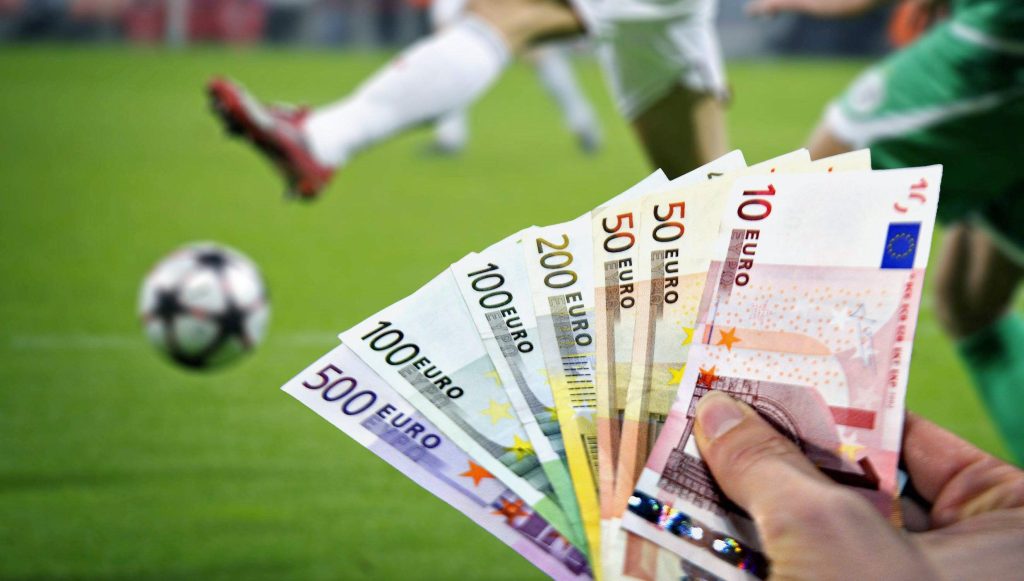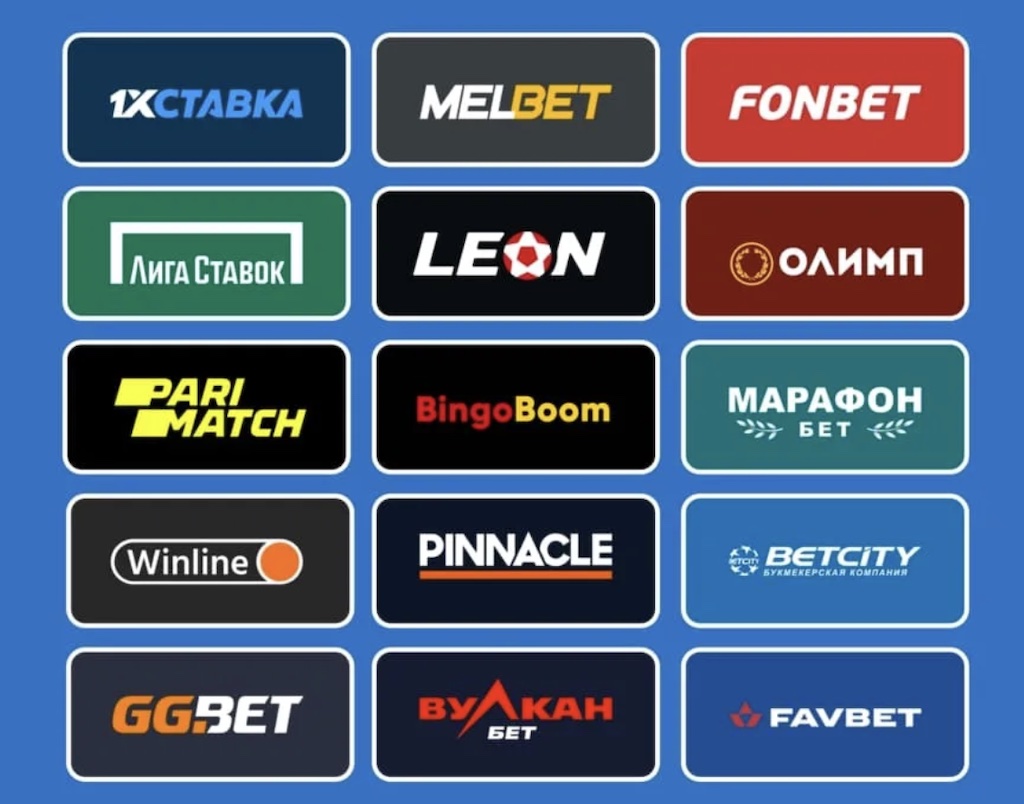The legalization of sports betting has long moved from the status of a “local experiment” to a massive legal trend. Today, dozens of jurisdictions officially regulate this sphere with strict frameworks, taxes, licenses, and platform control. Each government develops its own supervision scheme, from complete monopoly to a free market with competition among private bookmakers. The question of which countries allow legal sports betting is directly related to customer safety, transaction transparency, combating fraud, and increasing tax revenues.
Western Europe: Reliance on Strict Licenses and Transparency Standards
Germany, France, Italy, the Netherlands, Denmark—all these countries are part of the group of states where legal sports betting has long been clearly regulated by national laws. Mandatory online betting licensing is in place, setting criteria for operators: capitalization, data protection, support for responsible gaming.

In Germany, the centralized licensing model includes a strict limit on the number of allowed licenses. France has a separate state body (ARJEL) that monitors not only bookmakers but also advertising activities.
Customers in these countries receive a reliable platform with an official license, built-in fraud protection, a transparent tax model, and access to a wide range of sports—from football and horse racing to esports and even Australian football.
England: Leading in Regulation
 England is an undisputed benchmark in the list of countries where sports betting is legal. One of the oldest regulatory bodies, the UK Gambling Commission, operates here.
England is an undisputed benchmark in the list of countries where sports betting is legal. One of the oldest regulatory bodies, the UK Gambling Commission, operates here.
Every platform accepting bets in the country must undergo thorough verification: capital sources, odds calculation algorithms, customer security, and payment transparency.
Licensed bookmakers in England face a 15% tax on revenue, but in return, they gain access to the largest market in Europe. Active advertising, advanced marketing, consumer rights protection, and integration with banking platforms create an ideal climate for players and businesses.
In Which North American Countries Are Sports Betting Legal
Until 2018, only one state in the USA—Nevada—officially allowed betting. With the enactment of the PASPA law, the situation changed. Currently, over 30 states, including New York, New Jersey, Pennsylvania, Illinois, Ohio, and Arizona, have officially legalized betting.
Each territory builds its own regulatory model. New Jersey introduced online betting licensing with a fixed tax rate of 13%. New York raised the threshold to 51% but maintained high demand.
Bookmakers are required to collaborate with professional leagues—NFL, NBA, MLB—by providing open data. Inclusion in legal registries requires passing complex legal scrutiny and ensuring complete customer safety.
Canada: Decentralization and New Rules
In 2021, the federal ban was lifted. Now, each province makes independent decisions. Ontario was the first to launch a licensing model: licenses are issued for five years, and companies pay a 20% tax on gross income.
Customers gain access to legal sports betting in verified systems. Increased attention is paid to operational control, protection of minors, and financial transparency.
In Which CIS Countries Are Sports Betting Legal
Legal sports betting is regulated through the Federal Tax Service and the Unified Transfers Center. Each bookmaking company must obtain a license and connect to a centralized platform.
Bets are taxed at 13% of winnings. Major operators also pay 30 million rubles annually as targeted contributions to sports development.
The market is strictly limited but steadily developing. Betting on football, hockey, esports, and international horse racing tournaments is particularly popular.
Ukraine: Young Legalization and Growth Prospects
The answer to the question of which countries allow legal sports betting includes Ukraine—since 2020, a law on the legalization of gambling has been adopted here. The standard includes licensing of online betting, customer verification, protection against addiction, and mandatory contributions to the budget.
A license costs from 30 million UAH, and the betting income tax is 18%. The market is still forming but already shows an increase in registered users and major bookmakers.
Other CIS Countries: Offshore Dominance and Lack of Licenses
Belarus has an official license, but the rules are more lenient than in Russia. Kazakhstan is gradually introducing regulation. Armenia, Azerbaijan, and Moldova show active use of offshore platforms.
Players face risks: lack of protection, odds manipulation, payment issues. Without a license and clear regulation, legal sports betting cannot ensure safety and trust in these regions.
Developing Markets and Offshore Jurisdictions
Betting is actively developing in countries where there is no direct prohibition but no full regulation. These include: India, Brazil, Argentina, South Africa.
Offshore licenses (Curacao, Malta, Panama) are often used by global platforms operating according to international standards but outside national control.
Criteria for Evaluating Jurisdictions: Safety, License, Taxes
Countries where sports betting is legal have established a legal basis and are building a system based on three key criteria:

- Legal licensing of online betting. Government bodies issue permits only after verifying the legal structure, financial stability, and technical reliability of the platform.
- Transparent taxation. Taxes range from 10% (Denmark) to 51% (New York state). The rate affects operator interest but also directly impacts budget revenues.
- Operation control and advertising. Gambling regulation includes limits on advertising, restrictions on bonuses, measures to combat fraud. In the UK, for example, there is a ban on promotions in children’s shows and sports gear.
Conclusion
 The question of which countries allow legal sports betting is no longer just a formal list of prohibitions and permissions. Each jurisdiction is building its own architecture with a focus on safety, sustainable growth, combating the shadow market, and creating trust between the platform and the customer.
The question of which countries allow legal sports betting is no longer just a formal list of prohibitions and permissions. Each jurisdiction is building its own architecture with a focus on safety, sustainable growth, combating the shadow market, and creating trust between the platform and the customer.
Where the system is well-constructed, both marketing and sports, as well as taxation, develop. Legal solutions yield results only with complete transparency, strict supervision, and technological support.
 en
en  de
de  ar
ar  es
es  nl
nl  hi
hi  fr
fr  it
it  pt
pt  el
el 









